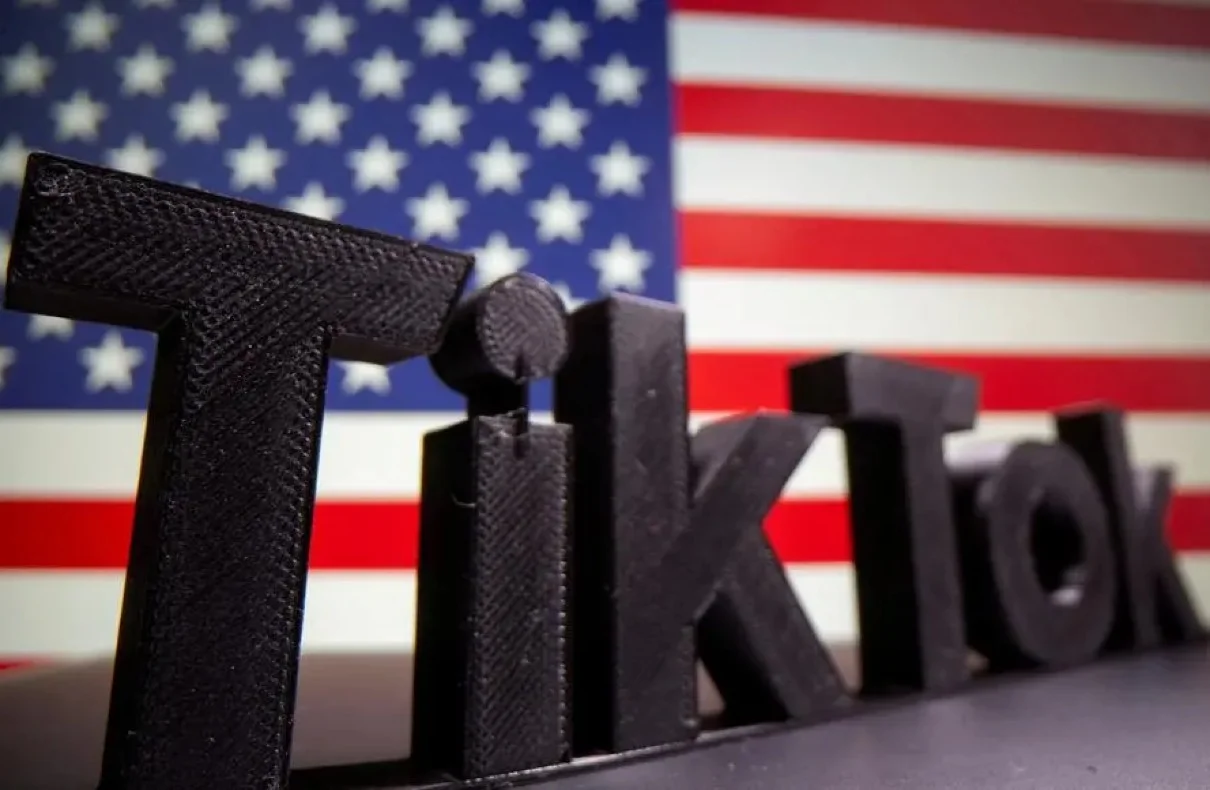The US Senate has recently made a unanimous decision to pass a bill proposing either the divestment or ban of the popular social media platform, TikTok.
“TikTok, a platform that blossomed in the social media landscape, has now found itself in the midst of a storm.”
TikTok, owned by ByteDance, a China-based tech company, has become a viral sensation among the youth worldwide. With its fun, quick, and interactive content style, it rapidly gained popularity, reaching over a billion downloads globally.
The main cause for concern revolves around data privacy issues. The US government has expressed concerns about the potential for TikTok to share the personal data of Americans with the Chinese government.
The bill, if signed into law, would require TikTok to either sell its US operations or face a complete ban. This move is part of an ongoing tech war between the US and China.
Such legislation would have massive ramifications for TikTok. A ban would mean the loss of a significant portion of their user base, and divestment would require finding a suitable buyer for their US operations.
In response to the Senate’s decision, TikTok has reiterated its commitment to user data privacy and has denied any allegations of sharing data with the Chinese government.
Public opinion on the matter is divided. Some support the move citing national security concerns, while others view it as an infringement on freedom of expression.
Looking ahead, there are several possible outcomes. TikTok could be banned, sold, or the company could choose to make significant changes to its data handling policies.
The outcome of this bill could have far-reaching implications for the global tech industry and could potentially reshape the landscape of social media.
The tech industry will play a crucial role in navigating these changes, with giants like Microsoft already expressing interest in buying TikTok’s US operations.
The legislation may also set a precedent for the regulation of social media platforms in the future, influencing policies regarding data privacy and national security worldwide.
